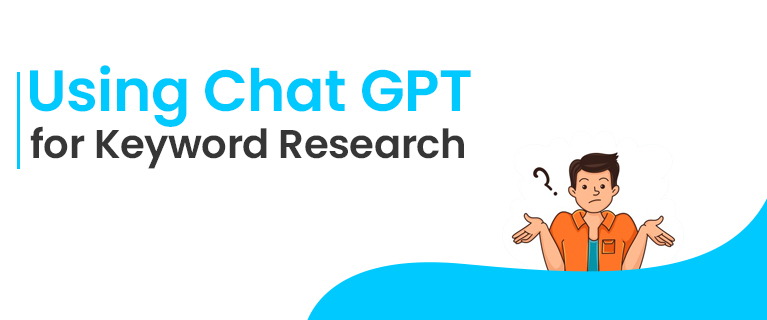Unlocking the potential of ChatGPT for keyword research can be a game-changer, offering time-saving techniques, effective prompts, and advanced use cases to enrich your SEO strategy. While it doesn’t replace traditional keyword research tools, integrating ChatGPT into your SEO toolbox can provide valuable insights and streamline your research process.
Leveraging ChatGPT Effectively
1. Time-Saving Techniques:
Read Also This – A Comprehensive Guide to Dominating the Top Social Media Platforms
- Use ChatGPT to quickly generate ideas for potential keywords by asking open-ended questions related to your niche or industry.
- Seek insights into emerging trends or seasonal keywords by prompting ChatGPT with queries like, “What are the current trends in [your industry] keywords?”
- Leverage ChatGPT for brainstorming sessions to uncover unique and relevant long-tail keywords that might be overlooked by conventional tools.
Read Also This – Create Your Localized Google Business Profile Listing or You Might Experience Problems
2. Effective Prompts:
- Craft prompts that encourage ChatGPT to provide specific insights. For instance, “List the top [number] keywords related to [your topic].”
- Experiment with prompts like, “What are the most searched keywords in [your industry] right now?”
- Fine-tune your prompts based on the type of information you’re seeking, whether it’s trending topics, competitor keywords, or user queries.
3. Advanced Use Cases:
- Competitor Analysis: Utilize ChatGPT to analyze competitor websites by asking, “What keywords are driving traffic to [competitor’s site]?
- Content Gap Analysis: Prompt ChatGPT to identify content gaps by asking, “What topics or keywords are missing from my content on [specific topic]?”
- Localized Keyword Research: Tailor your prompts for specific regions or languages to gain insights into localized keywords and trends.
Read Also This – Google Battles Massive Spam Attack Threatening Search Activity
ChatGPT as a Complementary Tool:
While ChatGPT offers valuable assistance, it’s essential to remember that it shouldn’t be the sole tool for keyword research. Combine its strengths with traditional keyword research tools to create a robust strategy. Use ChatGPT to complement your existing tools and methodologies, enhancing the depth and variety of insights you gain.
Practical Tips for Implementation:
1. Diversify Your Queries:
- Experiment with different types of queries to extract a wide range of keyword ideas.
- Combine industry-specific queries with general prompts to uncover both niche and broad keywords.
2. Validate with Other Tools:
- Verify the generated keywords using established keyword research tools to ensure accuracy and relevance.
- Cross-reference ChatGPT insights with data from tools like Google Keyword Planner, SEMrush, or Ahrefs.
Read Also This – Google Explains Why Useful Links May Not Be So Important
3. Explore Niche Topics:
- Use ChatGPT to delve into specific niche topics where traditional tools might not provide sufficient data.
- Identify long-tail keywords and explore content opportunities in specialized areas.
Conclusion:-
Incorporating ChatGPT into your keyword research strategy can be a valuable addition, offering fresh perspectives and creative insights. By utilizing its capabilities for brainstorming, competitor analysis, and content gap identification, you can save time and uncover hidden opportunities.
Read Also This – Enhancing PPC Account Health In 2024: A Guide To Avoiding Pitfalls & Maximizing ROI
Remember, while ChatGPT enhances your keyword research efforts, it’s most effective when used in conjunction with established tools and methodologies. Embrace its strengths, experiment with prompts, and elevate your SEO game with a well-rounded approach that combines AI ingenuity with proven research techniques.



